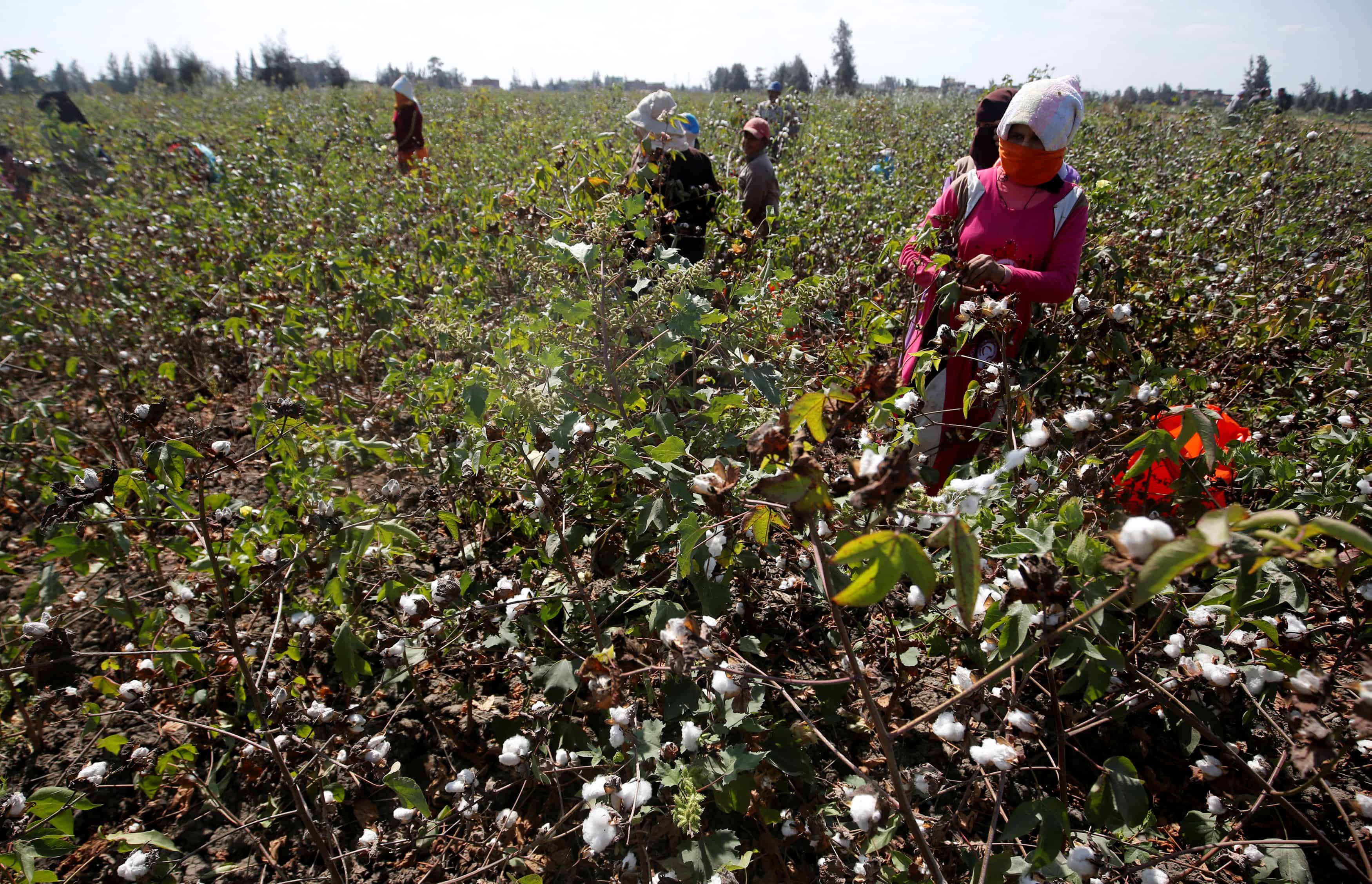Egypt’s non-oil activity in the private sector shrank for a 12th month in November as inflation expectations rose, causing new business orders to fall by their fastest in a year, a survey said.
Media reports said IHS Markit’s Purchasing Managers’ Index (PMI) came in at 48.7, below the 50.0 threshold that separates growth from contraction, unchanged from October.
IHS Markit said that a sharp rise in business costs continued to drive higher selling prices and lower demand across the Egyptian non-oil economy during November.
The input cost inflation sub-index, at 63.7, was at its second-fastest in over three years, beaten only by October’s 64.5, the reports said.
“A loss of client demand and slowdowns due to global supply chain issues were often behind the downturn. Companies noted that higher selling prices often deterred customer spending in the domestic market,” said IHS Markit, according to the reports.
The sub-index for future output expectations slipped to 60.6, its lowest level in a year, from 65.0 in October, with higher inflation expectations weighing on sentiment.
The output sub-index climbed to 47.7 from 47.5 in October, while the new orders sub-index inched down to 48.6 from 48.7.
“Higher fuel and shipping costs often led to increased prices, including for raw items such as foodstuff and paper,” IHS Markit said, adding that companies also raised wages in response to an uptick in living expenses.

